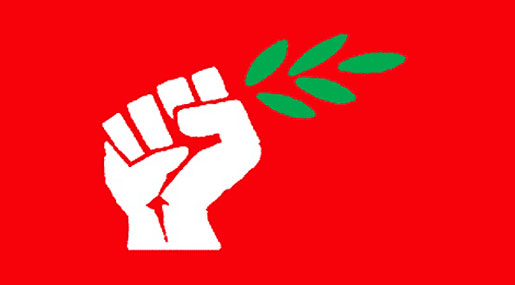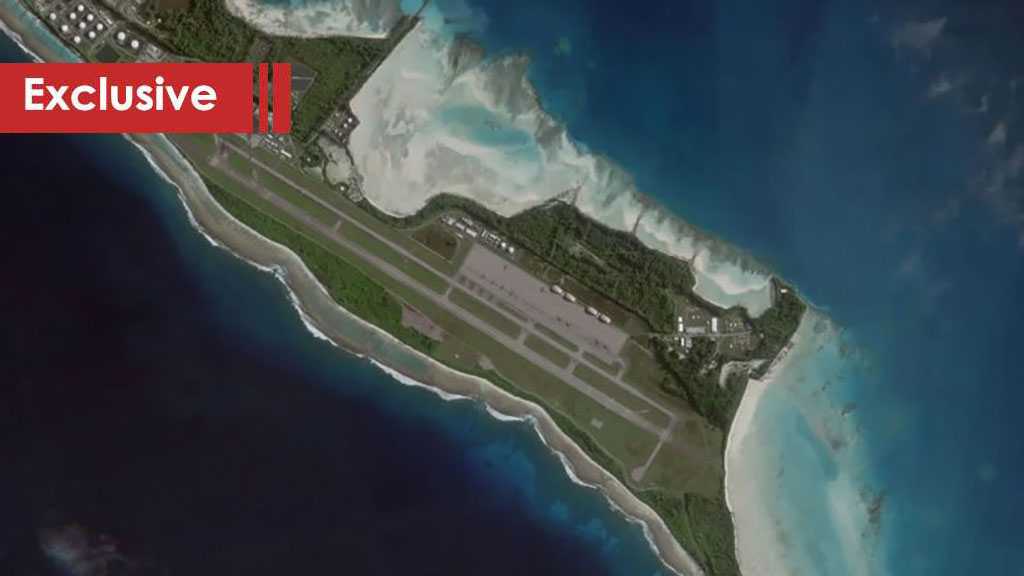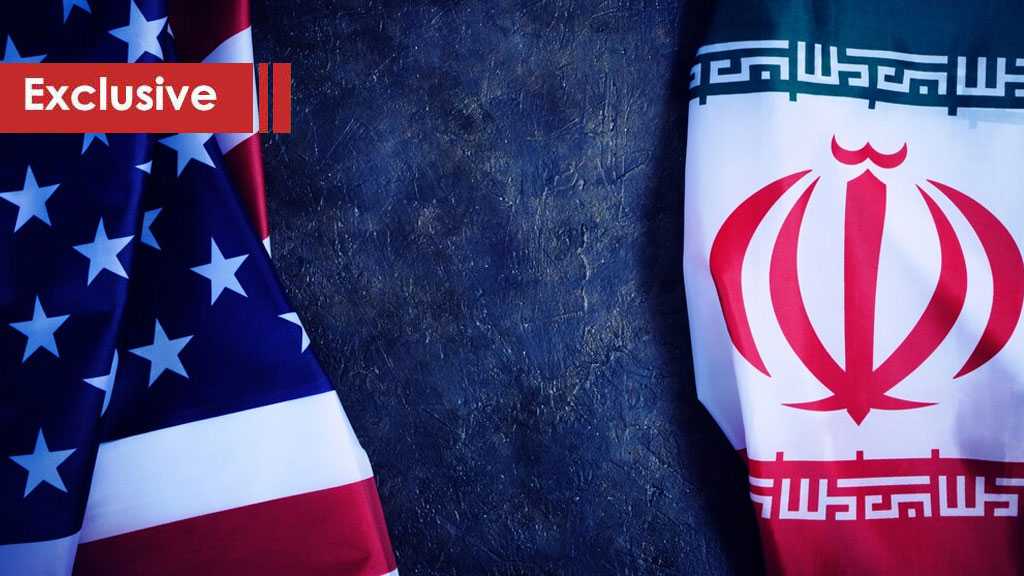Future Movement, March 14: Chaos, Vacuum, Security Turmoil….To What Purpose?

Mustafa al-Hajj Ali
It is true that the Parliament is the constitutional institution that was saved by the Caesarean section extension. However, this surgery was subject to political and constitutional skeptics, which led to a weak and distorted delivery.
On the other hand, this delivery soon ended when the Parliament suspended its work, drowning it to paralysis and vacuum, which ultimately meant that the extension does not exist, at least not yet.
The government is not any better. It’s stuck between a limited caretaker government and another undergoing formation. This delivery doesn’t seem to be easy because of the opposite and incoherent conditions captivating it. The punch line here doesn’t differ from that of the Parliament; we are in a state of governmental paralysis and vacuum.
The same is about to occur to the security institutions, chiefly the Army. After extending the mandate of the Army Commander in Chief seemed to be running smoothly because of the public support shown by the Head of the Future Party Saad Hariri, it was soon gobbled up when the latter placed unattainable prerequisites. Some conditions were administrative and some political.

What makes things worse is there being no legal loopholes that would prevent a dangerous vacuum of the Army, especially with time ticking. The Army Commander’s term is to end in September and the Chief in staff in August, which equals dangerous paralysis and vacuum in the military council.
All this comes at a time where security on Lebanese territories witnesses serious turmoil, besides the heavy security issues that accompany the overly substantial number of Syrian refugees in Lebanon – reaching a million two thousand migrants – as well as the social and economic repercussions and intensive pressure on the Lebanese’s overly sensitive sectarian structure.
The political and security vacuum is aggravated by several factors, chiefly:
First; the horizontal and vertical political division which feeds on and is fed on by unprecedented sectarian provocation, putting Lebanese on the verge of a civil war with sectarian dimensions.
Second; the security exposure, sometimes through launching missiles on inhabited areas belonging to an already sectarian and political environment, and at other times planting bombs targeting cars, envoys, and areas belonging to certain parties also.
This complicated reality imposes essential questions; amidst the international and regional political decision to maintain Lebanon’s security, are we beginning to witness abandonment in favor of spreading utmost chaos, or is this decision limited to certain parties, while others, especially regional parties – Saudi Arabia in particular – believe that mayhem is the last card to be played not only to impact the flow of matters in Lebanon, but to effect events in Syria also?
The fact that Hizbullah entered the Syrian crisis – based on the role it played in liberating al-Quseir from armed terrorist groups – ticked off all conspirators on Syria’s role in the resistance axis, chiefly the United States and the Zionist entity, along with the Saudi, Turkish, and Qatari regime.

The balance in Syria that tipped to the resistance axis disappointed the American scheme severely because of its subsequent failure of great strategic consequences in the area.
This panic and disappointment called for full alert on several scales domestically and abroad, chiefly:
First; US, British, French, and "Israeli" pressure on European countries to place Hizbullah on the terrorist blacklist.
Second; the Emirates and Gulf Sheikhs following the European move of placing Hizbullah on its own terrorist list, but this European step apparently hindered taking it in the Gulf, considering the embarrassment they would have faced.
Third; large campaigns pressuring the Shiite and Christian workers by deporting them or threatening to deport others to force the Shiite and Christian environment to take a stance from Hizbullah, which would weaken its support.
Fourth; The Saudi Foreign Minister and his ambassador in Lebanon issuing stances against Hizbullah, which is considered a blatant declaration of war, even if it was political.
Fifth; Political Wahhabists in Lebanon throwing a political Takfiri campaign on Hizbullah along with an unprecedented sectarian provocation.
Sixth; Political Wahhabists in Lebanon throwing a distorting and defaming campaign which would make Hizbullah seem like Lebanon’s first enemy.
Seventh; Raising the slogan of suspending Hizbullah politically by pressuring it not to participate in any new governmental formation, allegedly because it would give Hizbullah’s intervention in Syria an official and legitimate cover.
Eighth; Launching a series of security operations targeting Hizbullah’s movements and its popular environment.
Ninth; Placing obstacles to impose a reality of public paralysis and vacuum, which would provide an appropriate environment for chaos.
In a nutshell, some stances and policies that the Future Party and March 14 forces took might have direct and shallow motives, yet their true motives exceed the shallow ones to something much deeper. These parties dance on a thin wire and attempt to create total chaos for two main goals:
1- to give Hizbullah two choices; either chaos or backing down from its decision to protect the resistance in Syria;
2- to reel Hizbullah to internal battles that would overcome its strategic decision to protect the resistance in Syria.
However once again, these parties miscalculated and only reaped disappointment, because it is utterly impossible for the resistance to choose between maintaining its strategic role and any other price it already knows it will pay.
Source: al-Ahed News, translated by website team
Comments




